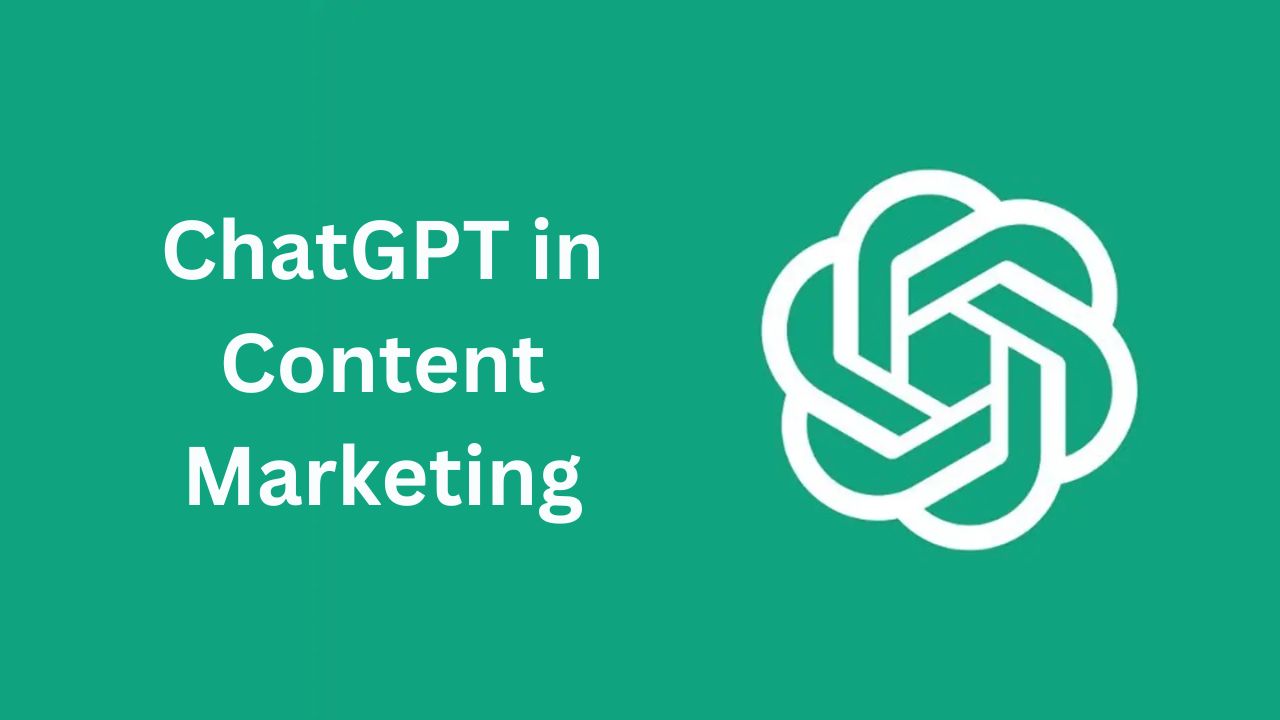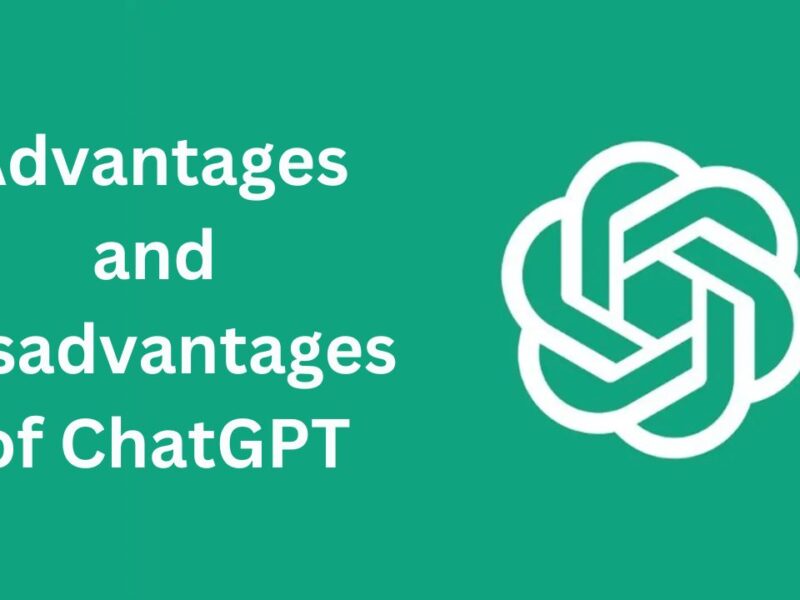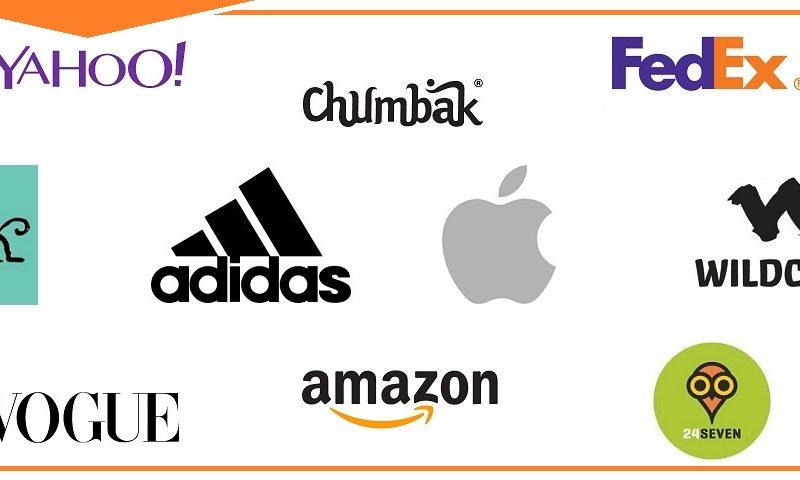
ChatGPT in Content Marketing
In recent years the topic of chatbots has become increasingly relevant in the world of marketing. Citing the increased competition in the industry each day, businesses are continuously on the lookout for ways to improve their customer support and engagement with their audience. Hence, chatbots, such as ChatGPT, came into existence as it uses natural language processing and artificial intelligence technology to provide quick and accurate responses to customer inquiries. It is becoming a valuable tool for businesses that are looking for ways to improve the customer experience. Having said that, there is a great scope for content marketers if they use ChatGPT to generate AI-assisted content.
ChatGPT is the abbreviated form for the chat-based generative pre-trained transformer. It was introduced by Open AI towards the end of November 2022. It is based on the architectural model of GPT-3, introduced in May 2020 as the third-generation language prediction model in the GPT-n series.
Typically speaking, ChatGPT is a chatbot that’s capable of actively participating in discussions and generating related answers to inquiries in a human-like manner. This can be done owing to supervised learning through which a chatbot can analyse large amounts of data and go as far as to suggest predictions.
In recent times, this chatbot has gained enormous popularity because it surpasses all the limitations of AI-based technologies like never before. It is even believed that ChatGPT can replace human intelligence because it gives automated answers to questions and responses considering previous conversations. On top of that, it can write stories and poems, undertake research and analysis, share tips on how to drive traffic, create meta descriptions and ad copies, and even actual programming code. The chatbot has gained enormous popularity, and publishers and content creators can use it to write appealing content or come up with marketing strategies.
Now the fundamental question comes. How to use it? Let’s have a look at the steps through which marketers can use this immensely powerful tool to their advantage.
- To start, one must sign up for an account on the ChatGPT website or download the app from the App Store or Google Play.
- Next comes the configuration of the ChatGPT settings, including the chatbot’s language, response time, and tone.
- Integrating ChatGPT into a website’s chat function or social media channels is the next mandatory step to be followed.
- One can input specific prompts or queries to ChatGPT and let it generate a response.
- Reviewing and editing the response as needed to ensure accuracy and relevance is a must.
- Lastly, repeat the process as needed to assist with customer inquiries, content creation, and information-gathering tasks.
With content becoming one of the most important keys to successful marketing, the role of a content marketer is bound to change in the future and will need much more finesse to make a space in the market. As a content marketer, the skills to ask good questions, provide domain knowledge, and review created text become extremely useful. The role of content marketers in the future will likely focus on leveraging artificial intelligence and natural language processing technology to generate engaging and relevant content for their target audience. Content marketers will need to understand and utilize these technologies to create content that is tailored to the specific interests and needs of their audience. Hence, the emergence of such tools is to be used to the maximum to get the desired result.
Additionally, content marketing agencies will need to be skilled at researching and curating content from various sources, helping businesses create a consistent and valuable content marketing strategy. As AI technology continues to evolve, the role of content marketers will likely continue to shift towards leveraging these technologies to improve the efficiency and effectiveness of content creation and distribution.
Thus, to conclude, AI-assisted content marketing and copywriting is a powerful tool that allows businesses to quickly and accurately generate engaging and relevant content based on specific input and user interests. This helps businesses create content that deems fit to their target audience, increasing the likelihood of engagement and driving traffic to their website or social media channels. Additionally, AI technology can assist with researching and curating content from various sources, helping businesses create a consistent and valuable content marketing strategy. AI-assisted copywriting can also improve the efficiency and effectiveness of content creation, allowing businesses to produce high-quality content in less time.


